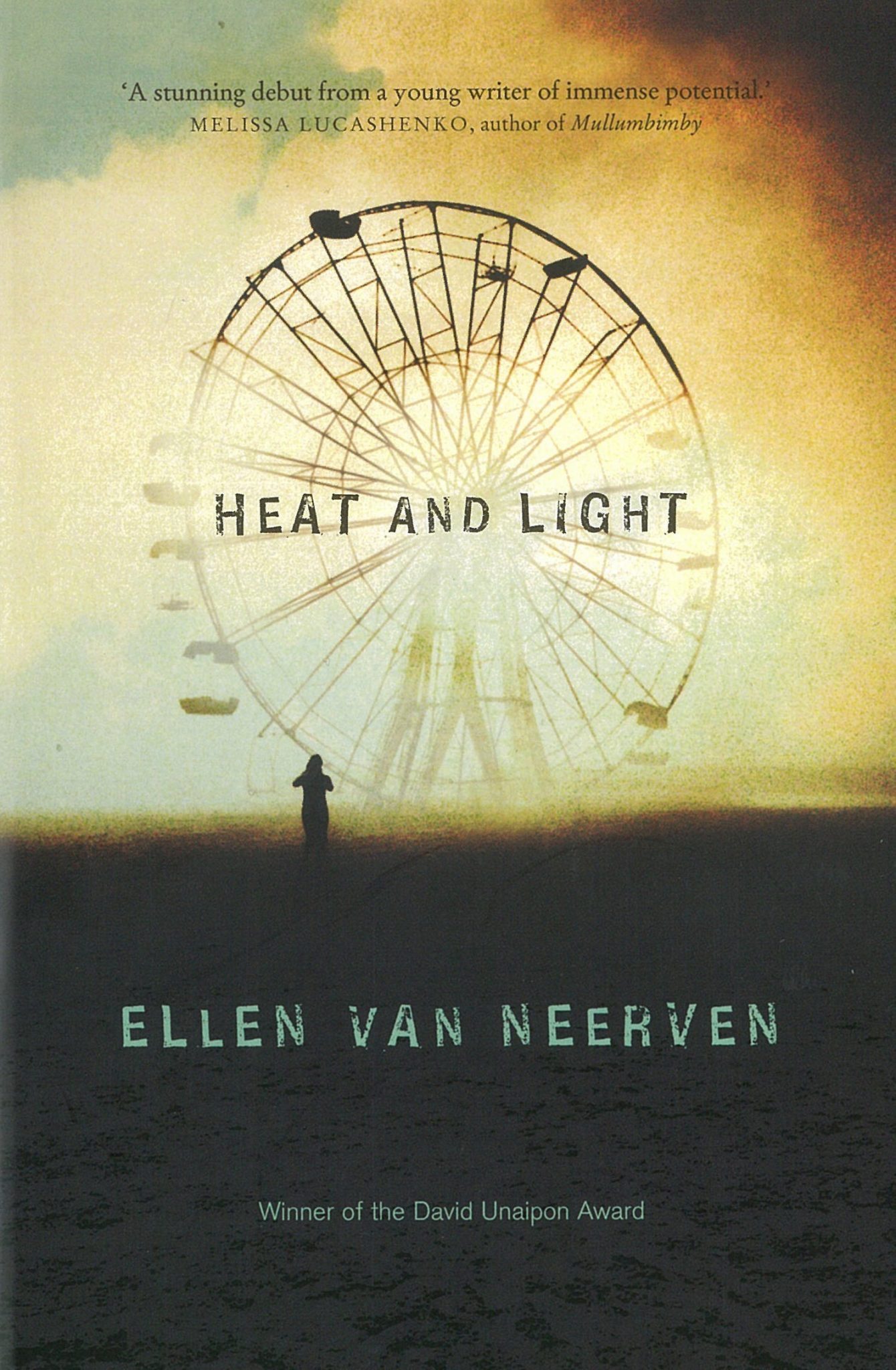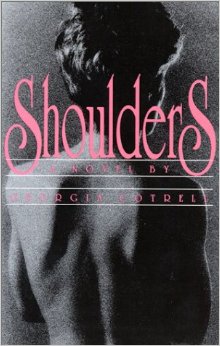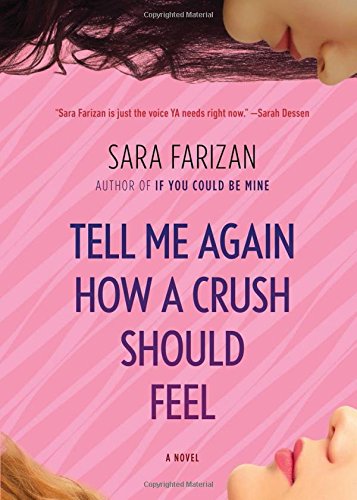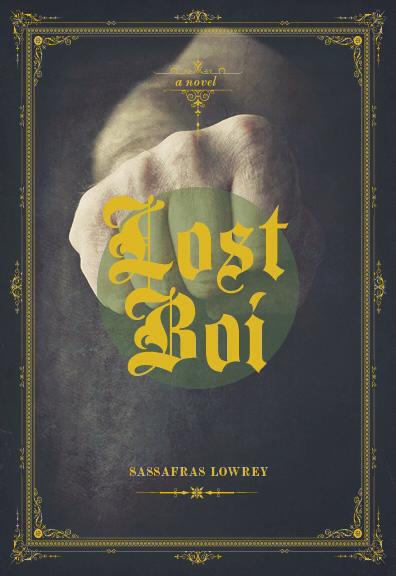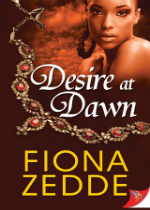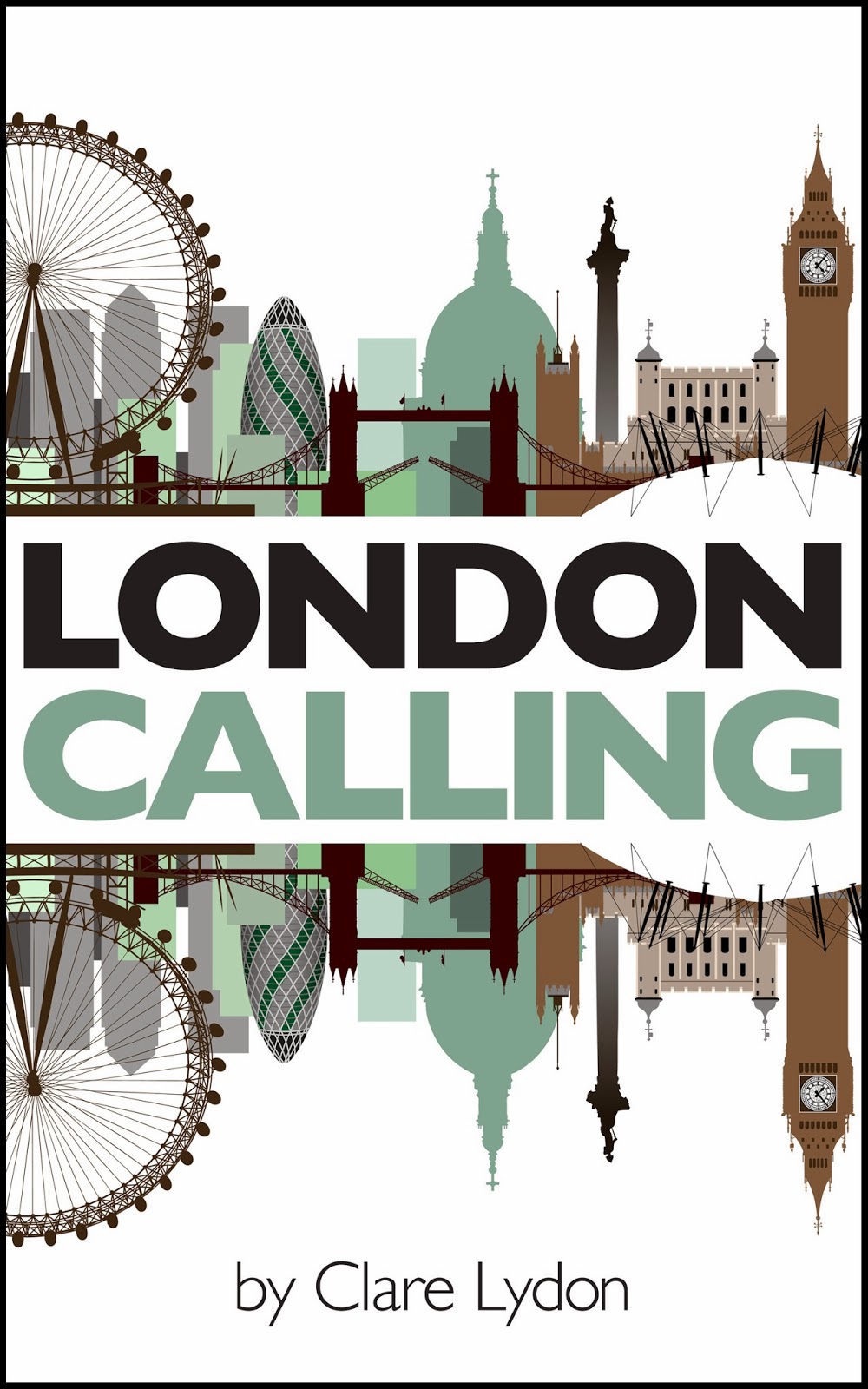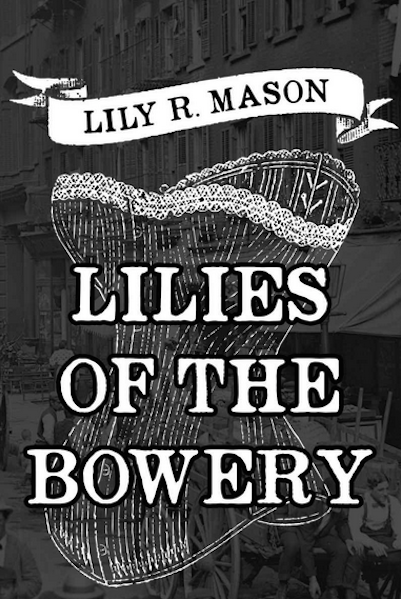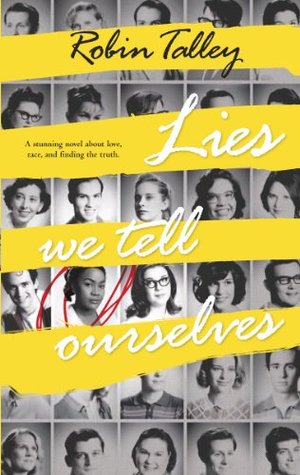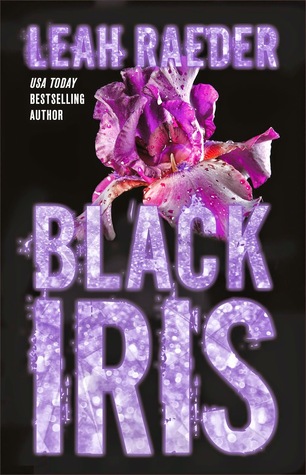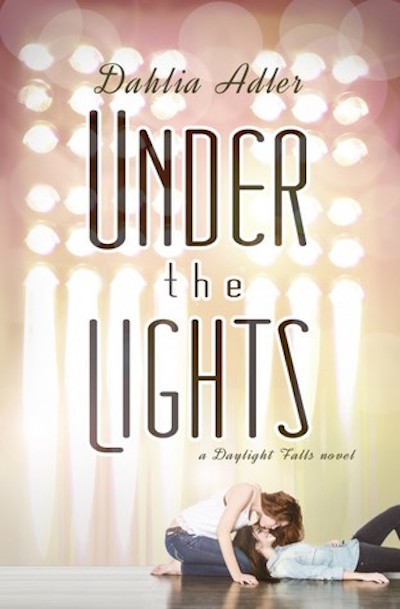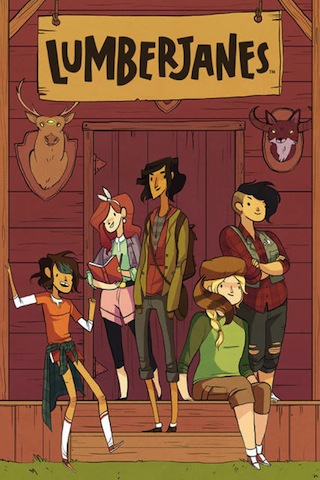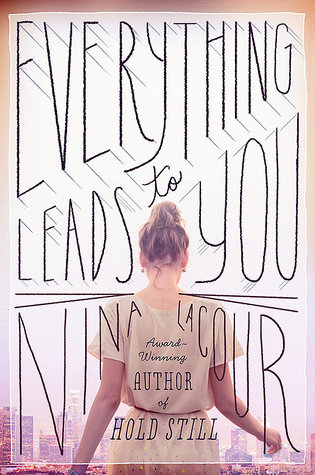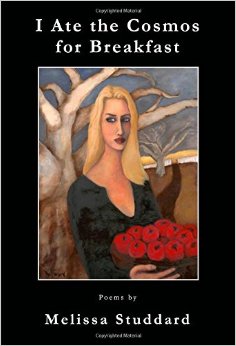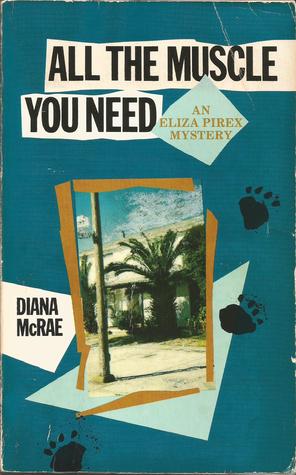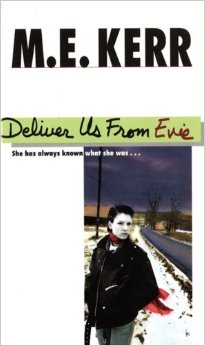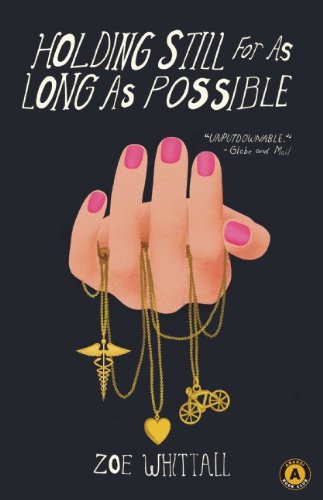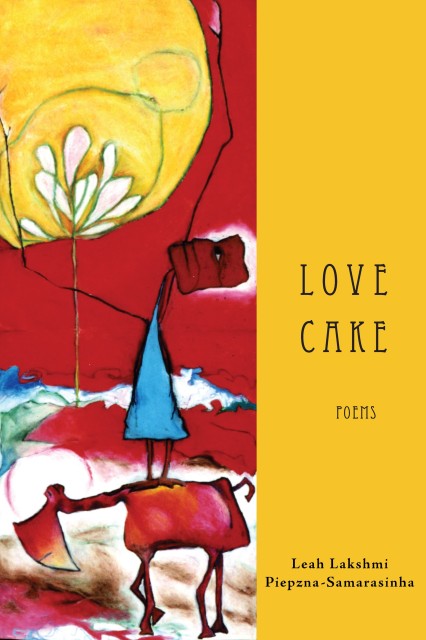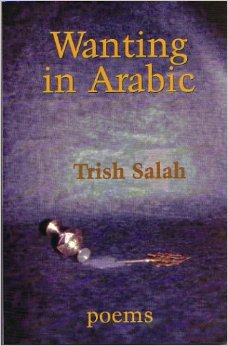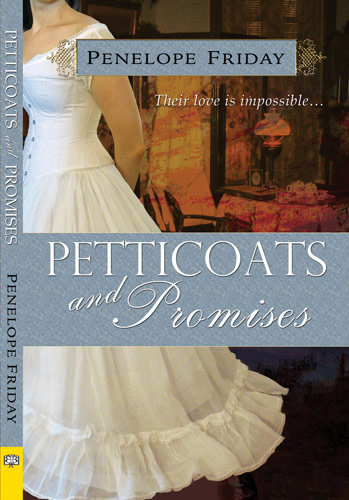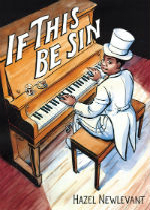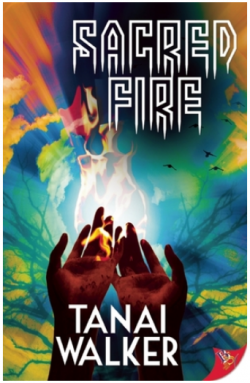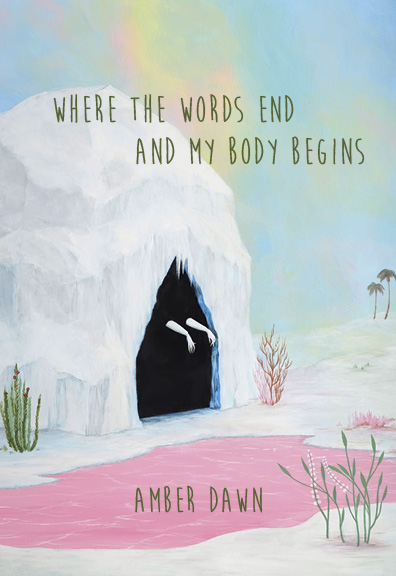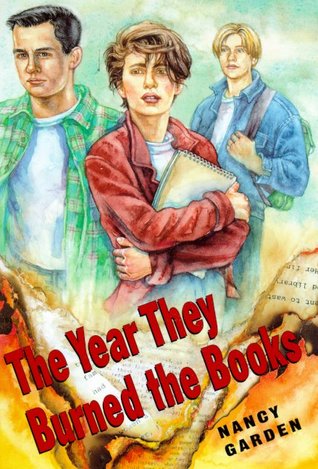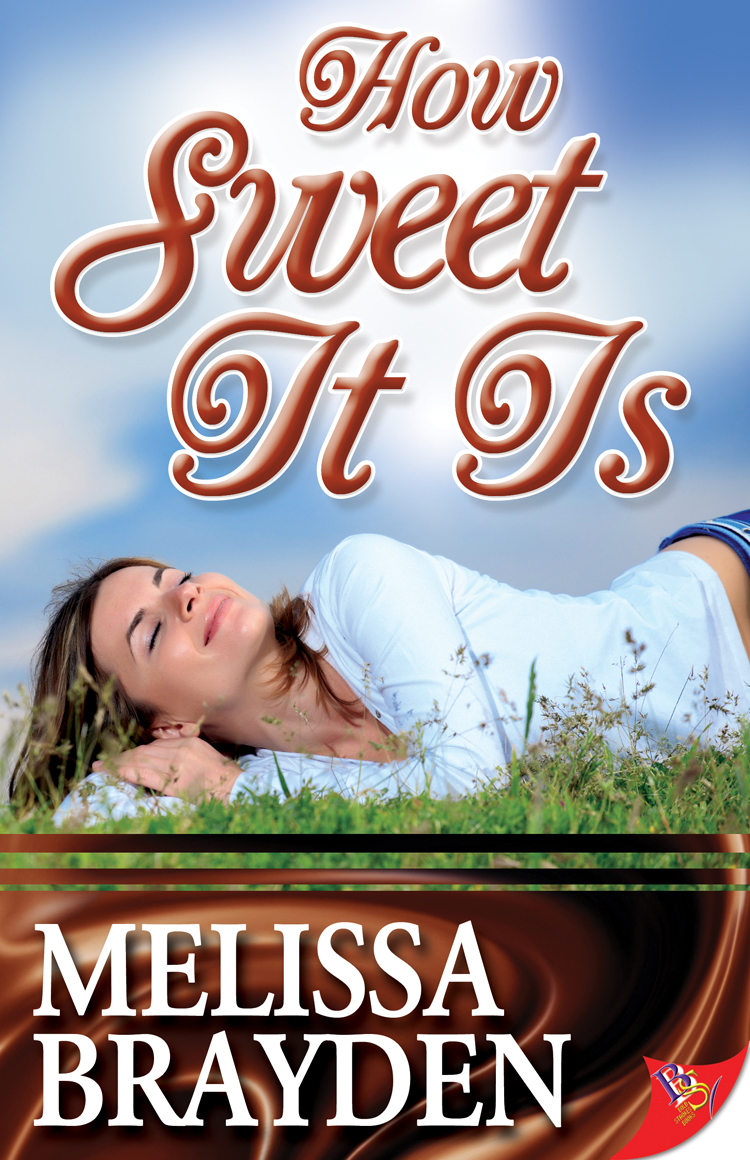 Realistically, there just aren’t enough LGBTQ+ YA books being published for any of these numbers to be more than vaguely suggestive of questions or trends. How meaningful is it to say more books about bi characters in speculative contexts are being published when only a handful of books about bi characters are released every year? Or that there are “too many” coming out stories when major publishers released only 24 LGBTQ+ YA books total in 2014?
Realistically, there just aren’t enough LGBTQ+ YA books being published for any of these numbers to be more than vaguely suggestive of questions or trends. How meaningful is it to say more books about bi characters in speculative contexts are being published when only a handful of books about bi characters are released every year? Or that there are “too many” coming out stories when major publishers released only 24 LGBTQ+ YA books total in 2014?
We desperately need more stories.
Lots to think about in these numbers, regardless. I’m not surprised that most lesbian books are written by women: there seems to be a perception that gay men’s stories have appeal for all kinds of people, but that lesbian stories are only for lesbians. To be honest, though I would like more readers of lbqq books from all identities, I’m not eager to up the amount of male writers of lesbian experiences, considering how often media portrayals of queer women by straight men veer into male gaze territory. Also, I feel like we’re still recovering from the lesbian pulp fiction legacy of straight men writing lesbian characters.
As for bisexual characters being more common in speculative fiction, I would hazard a guess that this is partly because a lot of speculative fiction worlds are bi-by-default. There is definitely a place for those stories, but I think both ignoring bisexuality in realistic fiction and giving everyone the same sexuality in speculative fiction are both limited views of the world.
Autostraddle posted:
- Drawn to Comics: Lumberjanes #14 Is the Start of Something New
- Autostraddle Book Club #8: Let’s All Read ‘The Argonauts’ by Maggie Nelson
- Lez Liberty Lit #73: Stealing Pens From Dead People
Casey the Canadian Lesbrarian posted Ask Your Friendly Neighbourhood Lesbrarian # 6: Books about Queerness and Disability.
“Emerging queer female authors you need to know about…” was posted at PONY.
Irrepressible: The Jazz Age Life of Henrietta Bingham by Emily Bingham was reviewed at Lambda Literary.
For Your Own Good by Leah Horlick was reviewed by Casey the Canadian Lesbrarian.
Wyrwood (The Way of Thorn & Thunder Book 2) by Daniel Heath Justice was reviewed by Casey the Canadian Lesbrarian.
Adult Onset by Ann-Marie MacDonald was reviewed at Lambda Literary.
This post, and all posts at the Lesbrary, have the covers linked to their Amazon pages. If you click through and buy something, I might get a small referral fee. For even more links, check out the Lesbrary’s twitter! We’re also on Facebook, Goodreads, Youtube and Tumblr.









